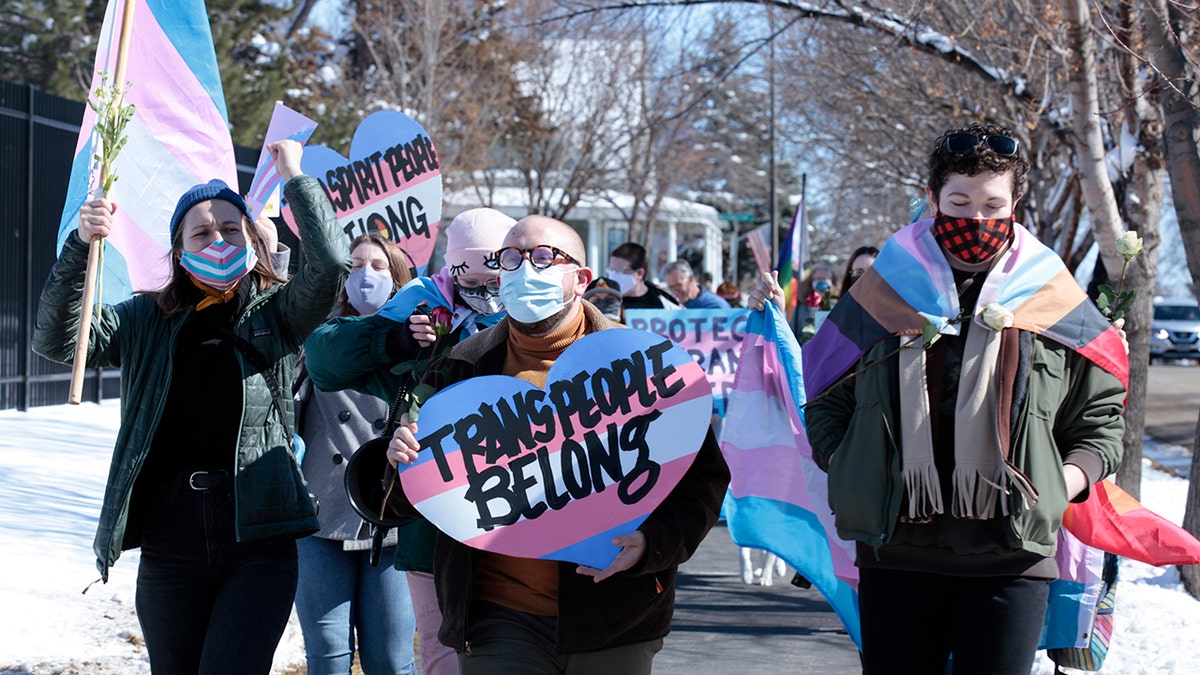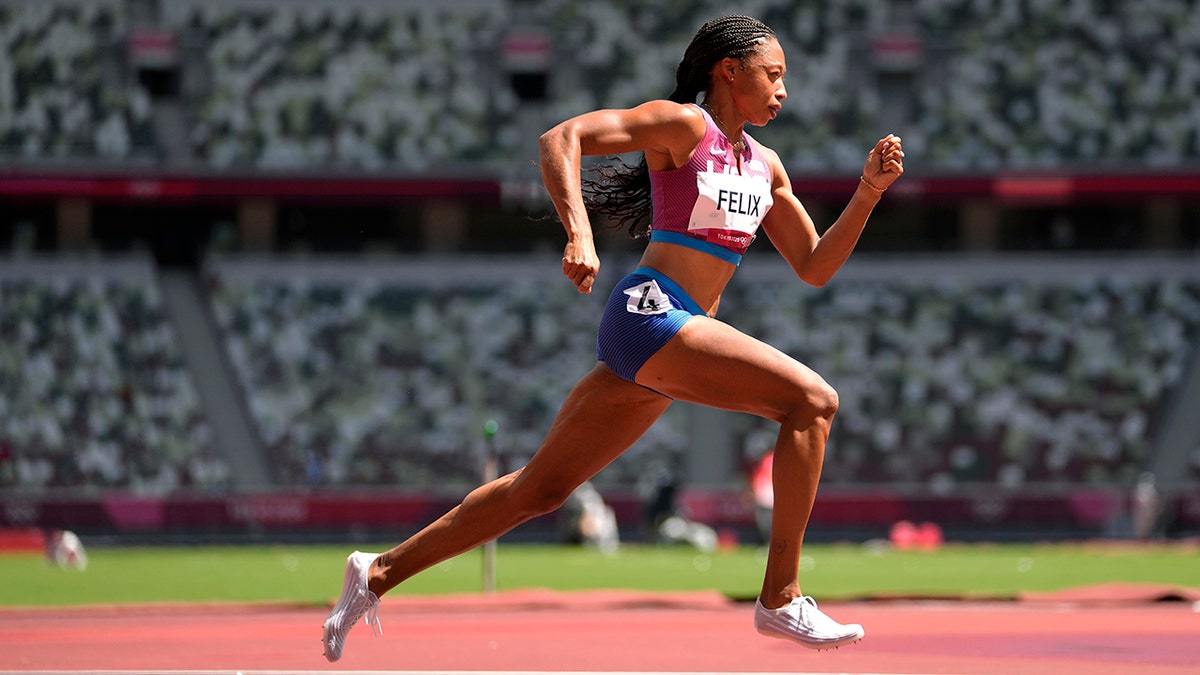White House plan to reform Title IX seeks to redefine gender
Mothers Cheryl Onderchain, Jaclyn Stapp, and Sara Owens joined 'Fox & Friends First' to discuss the potential changes and the impact they would have on women's sports.
The Atlantic published a Saturday article from Maggie Mertens, who insisted that it "doesn’t make sense" to separate boys and girls by sex in school sports.
Mertens mourned that, following several state laws restricting transgender athletes competing in schools, sports have become "a perfectly reasonable venue in which to enforce exclusion on the basis of sex."
"School sports are typically sex-segregated, and in America some of them have even come to be seen as either traditionally for boys or traditionally for girls: Think football, wrestling, field hockey, volleyball," Mertens wrote.
She added, "However, it’s becoming more common for these lines to blur, especially as Gen Zers are more likely than members of previous generations to reject a strict gender binary altogether. Maintaining this binary in youth sports reinforces the idea that boys are inherently bigger, faster, and stronger than girls in a competitive setting—a notion that’s been challenged by scientists for years."

Advocates for transgender people march from the South Dakota governor's mansion to the Capitol in Pierre, S.D., on March 11, 2021. (AP Photo/Stephen Groves, File)
Quoting a social neuroendocrinology research chair from Queen’s University, Mertens suggested that sex is more "dynamic" than people would believe, likely more influenced by social interaction than biology.
"Decades of research have shown that sex is far more complex than we may think. And though sex differences in sports show advantages for men, researchers today still don’t know how much of this to attribute to biological difference versus the lack of support provided to women athletes to reach their highest potential," Mertens wrote.
For people concerned about a rise in injuries with allowing boys and girls to compete together, she also recommended using weight-class separation which are commonly used in boxing, rowing and wrestling.
"As of this writing, 18 states have passed laws to ban trans girls and women from playing on certain school teams (some laws ban trans boys and men from certain teams as well). But perhaps what’s missing most from that debate is the question over why there are rigidly segregated girls’ teams and boys’ teams at all," she wrote.

Allyson Felix, of United States races in a heat of the women's 400 meters at the 2020 Summer Olympics, Aug. 3, 2021, in Tokyo, Japan. Felix says she will retire after the 2022 season. (AP Photo/Martin Meissner, File)
MONTANA ATTORNEY GENERAL LEADS OTHER STATES IN LETTER AGAINST BIDEN’S TITLE IX RULE CHANGE
The debate over transgender athletes competing in schools was reignited after the 50th anniversary of Title IX in June. The Biden administration announced leading up to the milestone date that it would be seeking to change rules regarding sex discrimination, seeking to require schools to allow transgender athletes to compete on sports teams. Several parents’ groups at the time wrote to the administration regarding their concerns over the impact this could have on girls’ team.
In addition, the new proposals outlined by the White House received a record-number of comments, several of which were highly critical.
Mertens maintained that separating teams based on sex, however, was still based on harmful beliefs rather than science.
"But as long as laws and general practice of youth sports remain rooted in the idea that one sex is inherently inferior, young athletes will continue to learn and internalize that harmful lesson," she concluded.

Lawmakers listen as parents speak about the prospect of their children competing against transgender girls in school sports at the Utah State Capitol on March 25, 2022, in Salt Lake City. (AP Photo/Samuel Metz, File)
CLICK HERE TO GET THE FOX NEWS APP
On Monday, Montana Attorney General Austin Knudsen released a formal letter against President Biden’s proposed changes. He previously led a group of 14 states in threatening legal action against the administration in defense of female athletes.









































